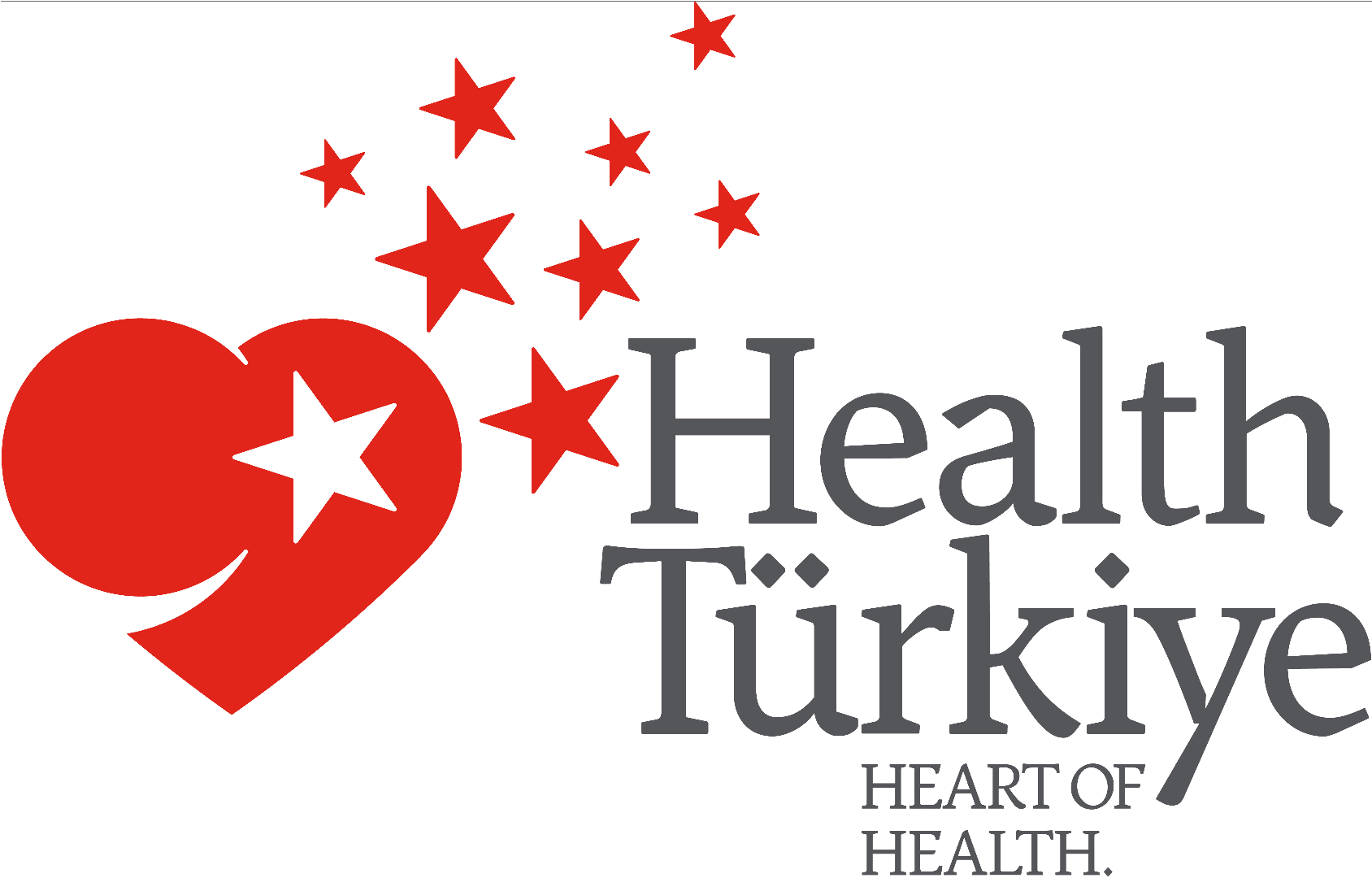Please fill the form completely.
Gastric Sleeve in Turkey | Clinic Antalya
SLEEVE GASTRECTOMY
After the first laparoscopic sleeve gastrectomy was performed in 2000, it has become the most frequently performed operation among obesity surgery options worldwide. In this surgery, depending on the width of the stomach, 60-90% of the stomach is removed vertically.
This is the part where the fasting hormone ''ghrelin'' is most released and the diabetic hormones are found.
Approximately 50-90% weight loss of excess weight is expected within 1 year after surgery.
Regression and improvement in obesity-related conditions such as diabetes, hypertension, sleep apnea, fatty liver, joint and bone diseases, elevated cholesterol and triglycerides are achieved.
Laparoscopic Sleeve Gastrectomy (LSG) leads to excellent weight loss. The weight loss is partly due to restriction caused as a result of reduced volume, peristalsis, and receptive relaxation of stomach and due to plasma ghrelin levels which fell significantly post-LSG, thus causing the reduction of appetite leading to effective weight loss after surgery.

How Does Gastric Sleeve Work?
- Stomach volume reduction provides less amount of food intake.
- Reduction of fasting hormone (ghrelin) secretion makes you feel less hunger.
- After surgery, gastric and intestinal emptying is accelerated, food is excreted faster.
Weight Loss After Gastric Sleeve Surgery
- 15-20% of excess weight in 1 month
- 30-40% of excess weight in 3 months
- 50-60% of excess weight in 6 months
- At the end of the 1st year,
- 60-100% of the excess weight is loses.
If the patient follows the nutrition rules and regulates own lifestyle (physical movement, eating habits etc.), the success rates are high and can remain healthy and ''slim''.
Sleeve Gastrectomy Operation
- Very detailed examinations and tests are performed.
- Anesthesia : General anesthesia
- Hospital Stay: It will be enough to stay in hospital for 2-3 days.
Postoperative Recovery
- The operation takes about 40-50 minutes.
- The patient is mobilised on the day of the surgery and breathing exercises are started.
- Feding begins at the after surgery.
- Discharges after 2-3 days.
- Patients may begin work 2-7 days after discharge.
Is the Obesity Surgery safe?
Sleeve Gastrectomy is the most common ariatric surgery approach in Europe and the World. Complication rates are relatively low.
For the overall success, the safest instruments should be used, the surgical team should be very careful and attentive, and the patient should follow the nutrition rules.
Many recent clinical studies and reviews have shown that bariatric and metabolic surgical safety is significantly increased. Total mortality in this surgery is approximately 0.03 %. This rate is lower than the surgical risks of some routine operations like cholecystectomy and hip replacement.
Complications and Risks
- Leak from the stitch (stapler) line;
The safest instruments should be used to reduce this ratio (1%), the surgical team should be very careful and attentive, and the patient should follow the nutrition rules. In such a case, the patient may be re-operated. The patient is expected to recover within a few weeks and can take oral food.
- If the stenosis forms in the stomach, the patient may vomit continuously, sometimes they are treated by endoscopy, but more often require further surgery.
- Bleeding from the surgical site; this condition is carefully evaluated and controlled during surgery. Rarely, reoperation is needed.
- Coagulation and embolism, more commonly in the vein, caused by
- Reflux is reported as different rates. Sometimes postoperative anti-reflux medication may be required.
- Vitamin D and other vitamins’ deficiency rates are lower this procedure.
FAQ
Can I have obesity surgery?
- People between 18-65 years of age, body mass index of 35 kg / m2 and above, who do not have any obstacle for surgery may have this operation.
Can I eat every food after obesity surgery?
The postoperative diet program will be given to you. Although all foods can be consumed after the first month, it is recommended to avoid carbonated and calorie drinks for a lifetime.
- Is it possible to regain weight after obesity surgery?
Technically, if the surgery is performed correctly and the patient complies with the recommendations, it is expected that he will reach his ideal weight and continue his life.
However, if the rules of nutrition and exercise are not followed, there is a chance of gaining weight, but it is very difficult to reach initial weight.
- How to make an incision in obesity surgery?
- All of these operations are applied laparoscopically. In this method, small holes are entered into the abdominal cavity to use instruments. There is no wide incision in the abdomen.
- When can I get pregnant after obesity surgery?
- Patients can easily plan pregnancy 1 year after obesity surgery.
- How long should I take vitamin supplements after surgery?
- Vitamin support is required for at least 3 months after sleeve gastrectomy.






















